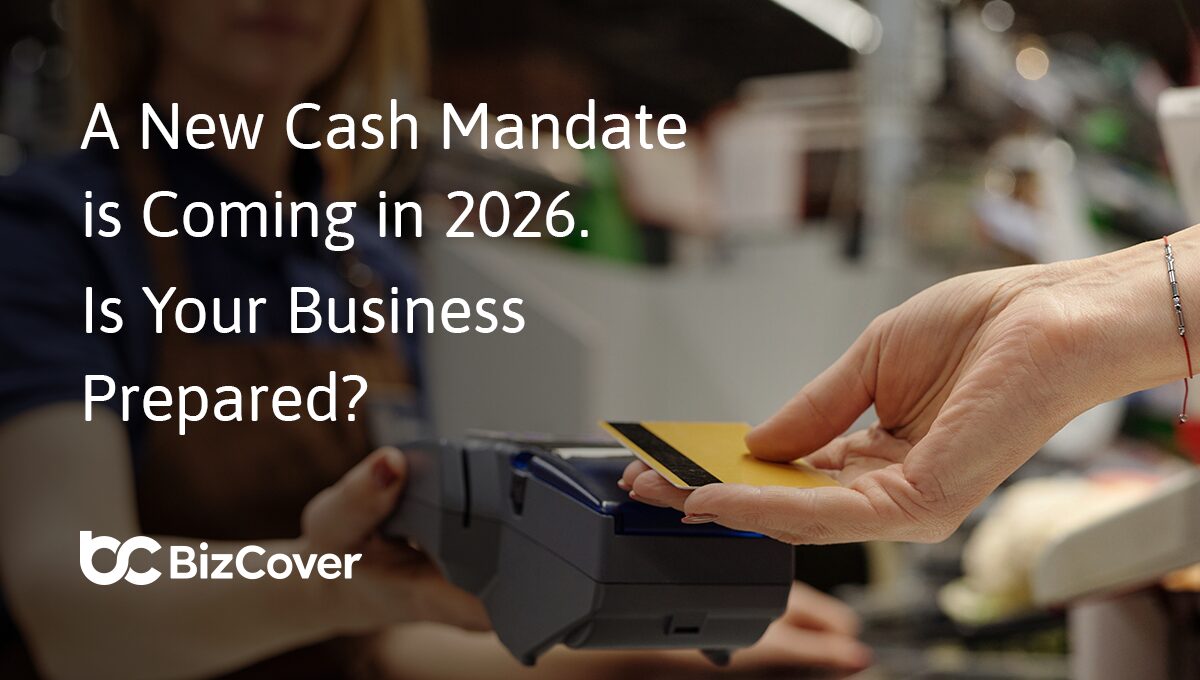How to become a successful sole trader
The term ‘sole trader’ is pretty self-explanatory. But for the sake of clarity and starting off on the right foot, let’s look at how the term is defined by some major public sector Australian organisations.
The Australian Taxation Office (ATO) defines a sole trader as an individual running a business using the simplest and cheapest business structure.
The Federal Government, via Business.gov.au, notes that a sole trader is legally responsible for all aspects of a business, including any debts and losses and day-to-day business decisions.
The Victorian Government’s definition of a sole trader is a self-employed person who owns and runs their business as an individual. The individual is legally responsible for all aspects of the business, including debts and losses.
In NSW, the state’s Small Business Commissioner frames a sole trader as the simplest business structure available to someone wanting to set up a business, noting that one person is the owner/operator of the business and has full control.
Whichever definition of a sole trader you take a shine to, the structure of a sole trader business has its pros and cons. For example, as a sole trader you will enjoy having complete and total control over your business. However, as a sole trader it can be difficult to raise capital to grow your business.
These are just some of the key sole trader start up guide considerations you need to weigh up if you’re thinking about becoming a sole trader. That said, if you are just starting out and are a newcomer to business ownership, operating as a sole trader rather than with a company structure can make a lot of sense. It’s one of the reasons why a lot of tradespeople start out operating their businesses as a sole trader.
Defining the sole trader role
‘Sole trader’ is the official title for an individual running a business as the sole owner of the business. It’s a popular route to business ownership in Australia because it offers a simple business model and is easier than easy to set up and start trading under you own shingle.
If your priority is getting your shiny new business up and running quick as a flash, registering as a sole trader will have your business on its feet and trading quicker than you can say, “grand opening sale now on!”.
When you become a sole trader, you are the sole decision maker in your business, for better or for worse. Complete control can be liberating, and being a sole trader gives you complete freedom to chart your own course as an entrepreneur and be the master of your own destiny.
But that’s not to say that sole traders should just throw caution to the wind just because they can. Sole traders would do well to have a degree of regimen and discipline in how they manage their business. It’s important to remember that you are also responsible for the business’s liabilities. With great power comes great responsibility, after all.
How to register as a sole trader
Are you ready to get cracking and get set up as a sole trader? If the sole trader structure appeals to you, then there isn’t really a lot stopping you from going out and getting it.
The good thing is that there isn’t oceans of red tape to fight through to set up your sole trader business. In fact, there’s really only six steps that you need to take to register as a sole trader, as outlined below.
- Choose your business name: Pick a name for yourself – it may even be your given name – then register it with ASIC. Use the Australian Trade Mark Search to make sure the name of your fledgling business doesn’t infringe on any existing trademarks.
- Register for an ABN: It costs nothing.
- Set up your Tax File Number: If you haven’t already done so.
- Registrations and licenses: Apply for any registrations or licenses that may be required by industry governing bodies, regulators, or local councils.
- Assess your finances: Even business owners operating as sole traders with much less ominous overheads need to carefully tend to their finances and ensure there are funds available to sustain the business from day one.
- Set up your business insurance: Yes, sole traders, like all other business owners, require business insurance. Make sure you allocate time and funds for setting up insurance for your new sole trader business with a business insurance broker who makes it quick and easy for you.
Check the sole trader insurance requirements in NSW and Victoria
Lastly, it’s important to note that sole trader insurance requirements and other important business requirements for sole traders can vary a lot from state to state.
So make sure you check the relevant sources in your state to ensure that you’ve met all the administration requirements, sole trader insurance requirements, and other essentials necessary to operate as a sole trader in your home state.
To learn how to get set up as a sole trader in Victoria, refer to the sole trader information on the become a sole trader page on the Business Victoria website.
If you’re in NSW, refer to the set up as a sole trader page on the Service NSW website.
To learn more about starting your own sole trader business, check out our must-read comprehensive guide to setting up a sole trader contracting business.
While you’re busy building your sole trading business, let us help by handling your business insurance*. The way we work simplifies and demystifies the process of purchasing insurance for sole traders and small business owners just like yourself. Because business insurance shouldn’t be hard, nor time-consuming. Go online for your business insurance or give us a call 1300 920 864 to see how we can help protect your sole trading business.
© 2022 BizCover Pty Limited, all rights reserved.
ABN 68 127 707 975; AFSL 501769
This information is general only and does not take into account your objectives, financial situation or needs. It should not be relied upon as advice. As with any insurance, cover will be subject to the terms, conditions and exclusions contained in the policy wording. © 2025 BizCover Limited.





